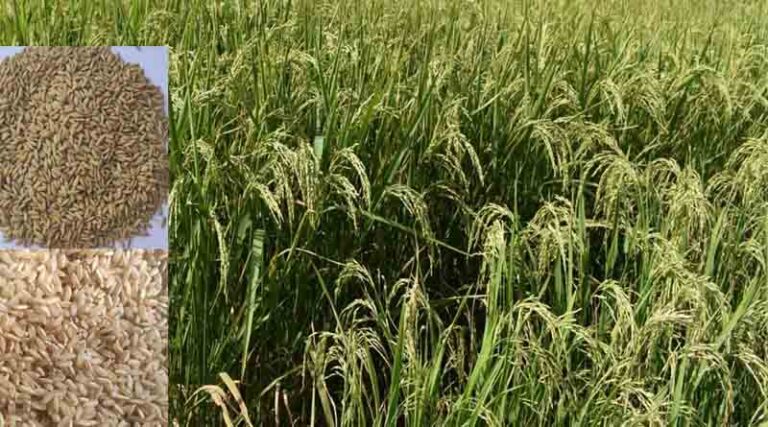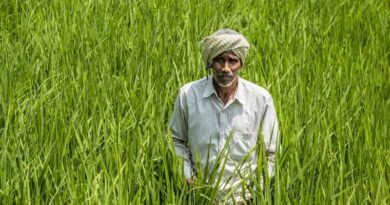
Agricultural University Palampur Develops Blast Disease-Resistant Paddy Varieties: Vice Chancellor
28 May 2025, Palampur: Chaudhary Sarwan Kumar Himachal Pradesh Krishi Vishvavidyalaya, Palampur, has announced the development of two new high-yielding and blast disease-resistant varieties of paddy. This significant achievement was shared by the Vice Chancellor of the University, Prof. Naveen Kumar, who lauded the efforts of the scientists at the Paddy and Wheat Research Center, Malan.
These varieties are not only based on advanced agricultural technology but are also tailored to meet the practical needs of farmers,” said Prof. Kumar. He emphasized that the new strains would contribute to the food security of the state and play a crucial role in boosting farmers’ incomes by reducing losses caused by blast disease, a major threat to paddy crops in Himachal Pradesh.
Blast disease, caused by the fungus Magnaporthegrisea, severely affects the leaves, stems, and panicles of paddy plants, leading to significant yield reduction. With paddy being the principal crop in ten districts of Himachal Pradesh, combating this disease has been a longstanding challenge for the agricultural community.
The newly developed varieties – Him Palam Dhan-3 (HPR-2865) and Him Palam Dhan-4 (HPR-3201) – have been officially approved by both state and national varietal release committees for cultivation in the hilly regions of Himachal Pradesh and Uttarakhand.
Him Palam Dhan-3 is a medium-height variety with long, thick grains and an average yield of 38-40 quintals per hectare. Him Palam Dhan-4, also of medium height, produces long, slender grains akin to Basmati, with an average yield of 40-42 quintals per hectare. Both varieties mature within 120-130 days, making them suitable for local climatic conditions.
These paddy varieties are the result of years of rigorous scientific research, continuous field trials, and active farmer participation. Their standout features include blast disease resistance, high yield potential, shorter maturity duration, and market-friendly grain quality.
Prof. Kumar concluded by noting that the reduction in the need for chemical treatments due to disease resistance will not only reduce input costs for farmers but also support more sustainable and eco-friendly farming practices in the region.
Also Read: Insecticides India Limited (IIL) Launches New Herbicide Altair for Paddy Farmers in India
📢 Reach Farmers, Share Your Story, and Grow Your Brand!
Got news to share? A company story to highlight? Looking to launch an impactful advertising campaign? Connect with us at info@krishakjagat.org or nimishgangrade@krishakjagat.org and make your mark!
📢 Connect with 100+ Million Farmers! India’s leading farmers rely on Krishak Jagat’s Hindi website for trusted agriculture news, advisory and insights. Click here to explore!






